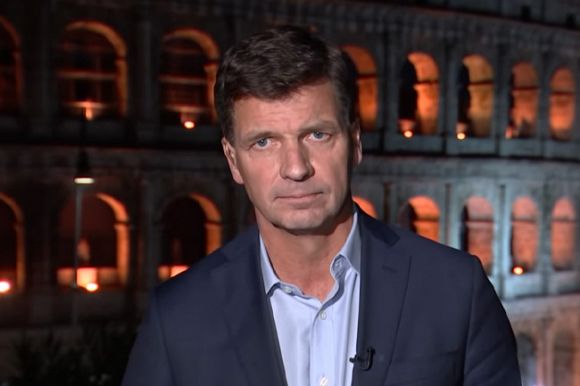The Coalition and Labor are seeking to discourage voters from turning to independents and minor parties, but their failure to achieve long-lasting policy change has voters looking elsewhere, writes Michael Mazengarb.
AUSTRALIA IS just months away from the next Federal Election and climate change and energy policy will yet again feature as a major focal point.
This time around, however, it’s not just the slowly converging positions of the major parties that is the focus of attention, but the potential of climate-friendly independents and The Greens to change the balance of power, and the pace of Australia’s clean energy transition.
Speaking to the Power Broker forum hosted recently by the Clean Energy Council – which earlier called for a fully renewable grid by 2030 – Australian Greens leader Adam Bandt and independent MP Dr Helen Haines said a significant number of climate-friendly independents could enter Parliament this year and could hold the balance of power in both the Senate and the Lower House.
The two major parties – the Coalition Government and the Labor Opposition – are seeking to discourage voters from turning to independents and minor parties, but their failure to achieve long-lasting policy change has voters looking elsewhere.
Haines told the Power Broker forum that the seat of Indi showed what could be achieved by independent candidates, both in terms of electoral success and advocating for stronger climate policies in Parliament.
Said Haines:
I’m not surprised that we’re seeing a surge of really high-quality candidates stepping out as independence across the nation. What everyday Australians know is that we have been gridlocked for more than a decade by the debate between our major parties within them and across them, and it hasn’t brought us to the place where we need to be.
Indi is a great example of an electorate where again everyday people are tired of that. They have taken their future into their own hands and tried to do what they can through community energy initiatives and hence my bills before the parliament to scale up that community energy offer.
Labor’s climate and energy spokesperson Chris Bowen told the forum it may be difficult for Labor to secure government in its own right.
Bowen said:
“This will be a tight election. We are taking absolutely nothing for granted. It’s hard for Labor to win from Opposition. It’s just the way the system is. We’ve only done it three times in 80 years and it doesn’t happen very often because the system is just not built really for Labor to come in with big election wins from Opposition."
He added:
“There’s a pathway to victory for us. I believe if it was held today, we would have a chance, but it’s going to be tight and frankly, the Libs will throw everything at us, including making things up.”
Federal Assistant Minister to the Minister for Energy and Emissions Reduction, Tim Wilson, sought to play down the difference and suggested that all groups engaged with the issue of climate change were becoming increasingly aligned in their views.
Said Wilson:
We took a target to the last election about emissions reduction. We’ve then been able to make a commitment on net-zero by 2050, but really the conversation now is actually about the enabling mechanisms to deliver it. I think business has come a long way. I think there’s been a realisation from some parts of the climate lobby, whatever we want to call it, of probably a bit more honest understanding of the political nuance.
I think the Government’s evolved in its own position, that’s resolutely clear. We’re more close than we’ve ever been before and all broadly swimming in the same direction. It will evolve and continue to evolve, but this is going to be one of the critical decades to make some big calls.
That idea was rejected by social researcher Dr Rebecca Huntley, who described Wilson’s suggestion that climate change politics were no longer “toxic” as “disingenuous”.
Huntley said communities that have long been dependent on fossil fuel industries wanted more action from the Federal Government to support a transition to new industries.
Huntly said:
There was a lot in there that I think was disingenuous and it will take a long time to unpack it. The first thing I would say is this: the idea that there hasn’t been the toxic politics of climate change in Australia for over a decade – that has been a problem of both the major parties – the idea that it doesn’t exist? That’s not a view of the broader community.
Where I hear that talked about in the most articulate way is often in the areas that have been built and still rely on coal, that have the most to gain from a transition to renewable energy.
Added Huntly:
“I don’t think I’ve ever done a focus group that doesn’t think that just because the Federal Government – whether under Labor or Liberal – haven’t got their act together around climate or renewables, that they don’t have a role to play.”
Michael Mazengarb is a Sydney based journalist. This article was originally published on Renew Economy and is republished with permission.
Support independent journalism Subscribe to IA.

Related Articles
- Voters in battleground states support a green transition
- Climate change must inform every financial decision
- Wealthy nations like Australia are leading the world to climate catastrophe
- Morrison Government continues to trash Australia's reputation on climate
- National Farmers Federation needs to embrace climate adaption













